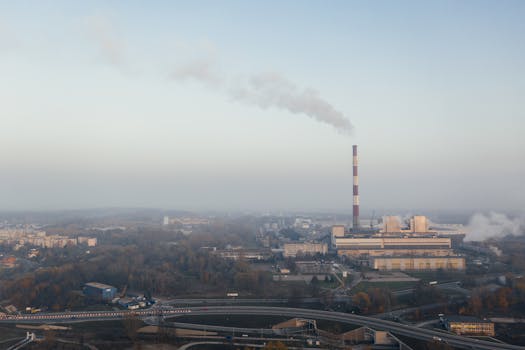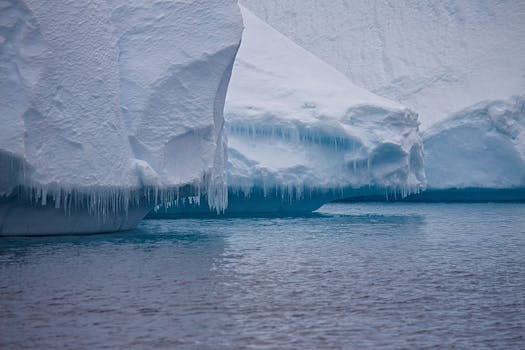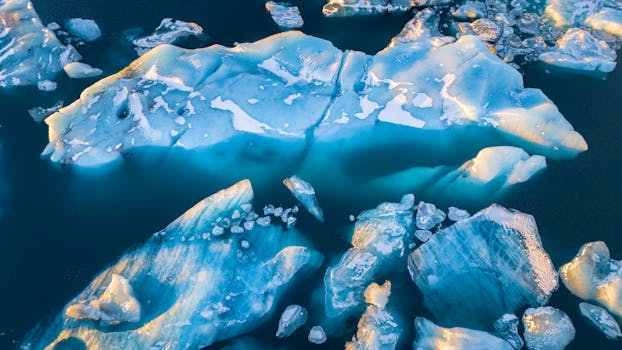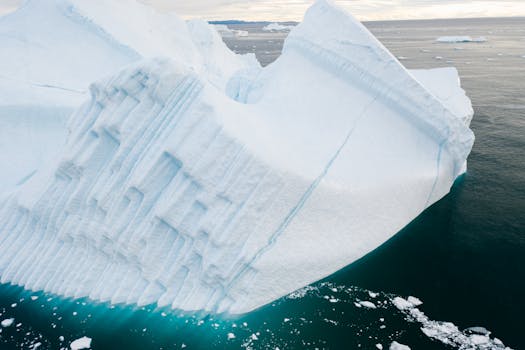
The Impact of Climate Change on Global Ecosystems
Climate change is having a profound impact on global ecosystems, from rising temperatures to more frequent natural disasters. Climate change is one of the most pressing issues of our time, and its effects can be seen in ecosystems all around the world. In this article, we will explore the impact of climate change on global ecosystems, and what we can do to mitigate its effects.
What is Climate Change?

Climate change refers to the long-term warming of the planet, which is primarily caused by the increasing levels of greenhouse gases in the Earth’s atmosphere. These gases, such as carbon dioxide and methane, trap heat from the sun and prevent it from being released back into space, leading to a rise in global temperatures.
Effects of Climate Change on Ecosystems

The effects of climate change on ecosystems are far-reaching and varied. Some of the most significant impacts include:
- Rising sea levels: As the planet warms, the ice caps and glaciers are melting, causing sea levels to rise. This is leading to more frequent coastal flooding and erosion, and is threatening the habitats of many marine species.
- Changes in precipitation patterns: Climate change is altering the patterns of precipitation around the world, leading to more frequent and severe droughts and floods. This is having a major impact on ecosystems, as many plants and animals are adapted to specific precipitation patterns.
- Increased frequency of natural disasters: Climate change is leading to an increase in the frequency and severity of natural disasters such as hurricanes, wildfires, and heatwaves. These events can have a devastating impact on ecosystems, causing widespread destruction and loss of life.
Consequences for Biodiversity

The consequences of climate change for biodiversity are severe. Many species are struggling to adapt to the changing environmental conditions, and are at risk of extinction. Some of the most vulnerable species include:
- Polar bears: The melting of sea ice is threatening the habitat of polar bears, which are dependent on the ice for hunting and breeding.
- Coral reefs: Rising sea temperatures are causing coral bleaching, which is having a devastating impact on the many species that depend on coral reefs for food and shelter.
- Arctic foxes: The melting of sea ice is also threatening the habitat of arctic foxes, which are dependent on the ice for hunting and breeding.
What Can We Do to Mitigate the Effects of Climate Change?

There are many steps that we can take to mitigate the effects of climate change, including:
- Reducing greenhouse gas emissions: One of the most effective ways to mitigate the effects of climate change is to reduce our greenhouse gas emissions. This can be achieved through the use of renewable energy sources, such as wind and solar power, and by increasing energy efficiency.
- Protecting and restoring natural habitats: Protecting and restoring natural habitats, such as forests and wetlands, can help to sequester carbon dioxide and mitigate the effects of climate change.
- Supporting climate change research and development: Supporting research and development into climate change can help us to better understand the causes and effects of climate change, and to develop effective solutions.
Conclusion

In conclusion, the impact of climate change on global ecosystems is a pressing issue that requires immediate attention. By understanding the causes and effects of climate change, and by taking steps to mitigate its effects, we can help to protect the health and biodiversity of our planet. It is a collective responsibility, and we must all play a role in reducing our greenhouse gas emissions and protecting the natural world.



